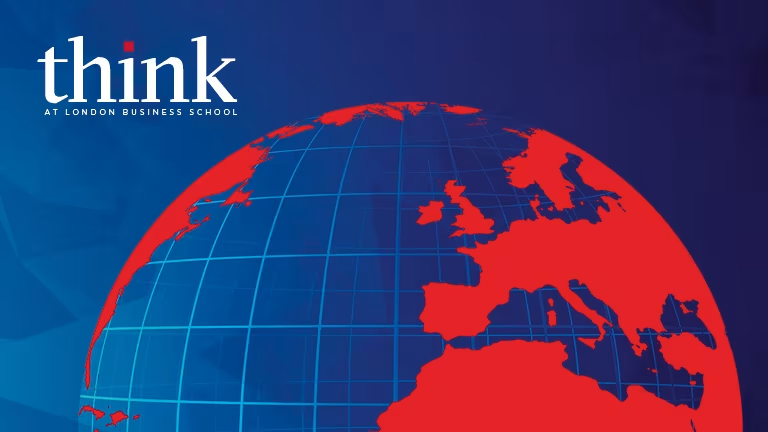
Discover fresh perspectives and research insights from LBS
Think at London Business School: fresh ideas and opinions from LBS faculty and other experts direct to your inbox
Sign upPlease enter a keyword and click the arrow to search the site
Or explore one of the areas below
Big organisations should think less about top-down strategy and allow more freedom at the grassroots

Just what is management? Is it a science? Is it - as Peter Drucker proposed - a liberal art? Or simply a craft? Perhaps it is this lack of clarity about the exact nature of management that makes it so prone to fads and fashions - a discipline that has been repeatedly disrupted and is constantly on the lookout for the next new thing, whether frightening or reassuring.
The latest focus is on big data. For Silicon Valley’s evangelical techno-optimists, the combination of big data and artificial intelligence could eventually dispense with the need for human agency altogether. Already, a growing number of firms are betting that more and better use of data can give them a tangible competitive boost in the here and now: more detailed knowledge, and better analysis - of customers, employees and the business environment - have the potential to reduce risk and uncertainty and radically improve decision-making. In an information age, competitive edge will surely accrue to those firms which use information best. Won’t it?
We shouldn’t assume so. Managers are wrong to put their faith in any such certainty, argue Jonas Ridderstrale and Julian Birkinshaw in their new book, Fast/Forward. The title sums up a deceptively simple theme: in a fast-changing world, mountains of data and super-detailed analytics can get us only so far. Indeed, they carry risks of their own. Ridderstrale and Birkinshaw observe that many companies are more comfortable analysing and debating than acting decisively and intuitively. The default assumption that more and better information is always better actually cramps companies’ ability to move fast. To navigate the future, the ability to act with decision and purpose will trump big data. Priorities need to be reversed.

Think at London Business School: fresh ideas and opinions from LBS faculty and other experts direct to your inbox
Sign up